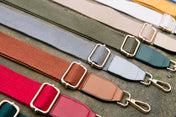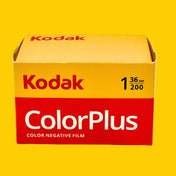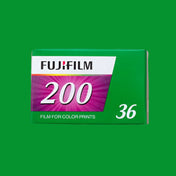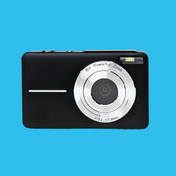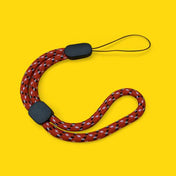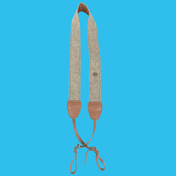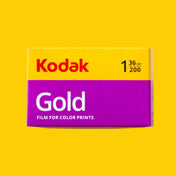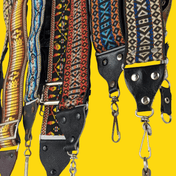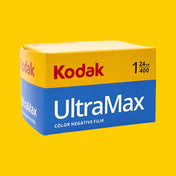Embarking on your journey into professional photography is an exciting endeavour. One of the most crucial decisions you'll make is selecting your first professional camera. With a myriad of options available in the market, this can be a daunting task. Fear not! This in-depth guide aims to make the process more straightforward and fun.
What to Look for When Buying a Camera
When shopping for your first professional camera, several factors need to be considered. These include the camera's sensor size, image quality, and the types of lenses it can accommodate. It would help if you also considered the camera's speed and performance, as well as its ergonomics.
8 Things to Consider When Buying a New Camera
A new camera is a significant investment. When considering options, think about these eight factors: your budget, the camera's sensor size, image quality, speed and performance, video capabilities, size and ergonomics, available lenses, and reviews from other consumers.
5 Most Important Factors When Choosing a New Camera
Among these considerations, the five most crucial factors to ponder are:
-
Budget: Your financial capability will determine the range of cameras available to you.
-
Sensor size: The sensor size impacts image quality. Larger sensors generally produce better image quality.
-
Image quality: High image quality is essential in professional photography.
-
Interchangeable lenses: A camera that allows you to change lenses offers more flexibility.
-
Consumer reviews: Reviews provide real-world feedback on a camera's performance and quality.
Types of Cameras
Different types of cameras are available, each with its strengths and weaknesses. They include DSLR (Digital Single Lens Reflex) cameras, mirrorless cameras, compact cameras, and bridge cameras.
6. Beginner Cameras
Beginner cameras, such as entry-level DSLR and mirrorless models, offer a balance between affordability and functionality. These cameras often come with features that aid beginners, such as automatic and semi-automatic shooting modes.
Action Cameras
Action cameras, such as GoPros, are compact, rugged, and often waterproof. While they might not offer the image quality of larger models, they are perfect for capturing high-speed action in harsh conditions.
DSLR Cameras
DSLR cameras are favoured by many professionals due to their superior image quality and wide range of available lenses. The optical viewfinder in DSLR cameras provides a clear and lag-free view of your subject.
Compact Cameras (aka Point-and-Shoot Cameras)
Compact cameras, also known as point-and-shoot cameras, are perfect for everyday photography. They are small, often affordable, and easy to use, although they lack the image quality and versatility of DSLR or mirrorless cameras.
Size and Ergonomics
The camera's size and ergonomics are vital for comfortable shooting. Cameras should be easy to hold and operate, with controls within easy reach. A camera that feels good in your hands will be more enjoyable to use.
Price (Value for Money)
The cost of the camera should be balanced against its features and capabilities. Sometimes, paying a little more can get you a lot more camera. However, the most expensive camera isn't necessarily the best choice for every photographer.
Speed and Performance
For fast-moving subjects, the camera's speed and performance are essential. Look for a camera with a fast autofocus system, high frame rate, and a large buffer for continuous shooting.
Consider Image Quality
Image quality is a crucial factor for professional photographers. It is determined by the camera's sensor, the quality of the lens, and the camera's image processing capabilities. Higher-end cameras generally offer better image quality.







